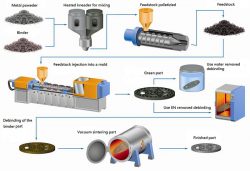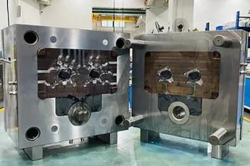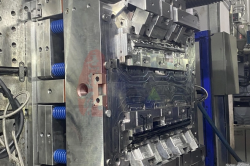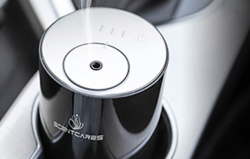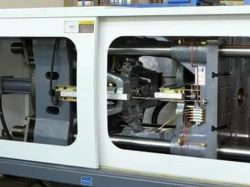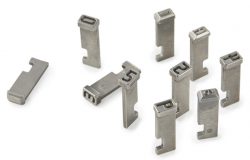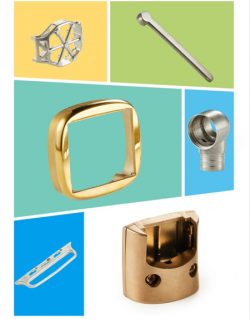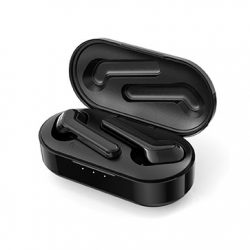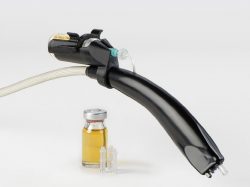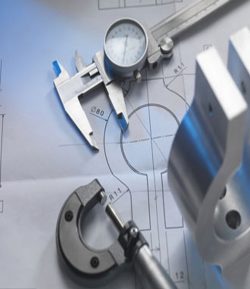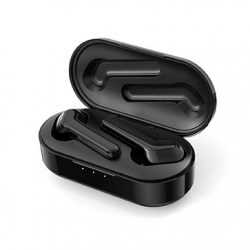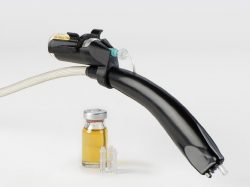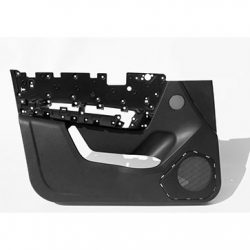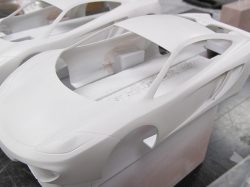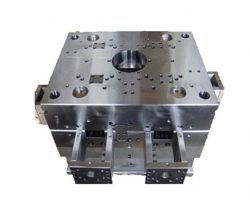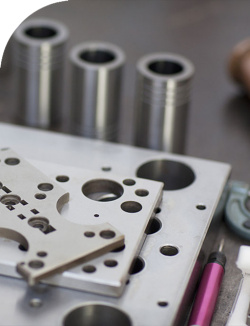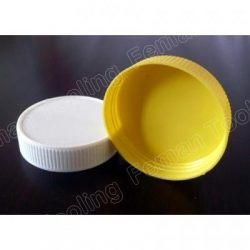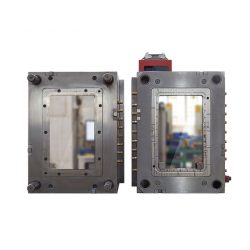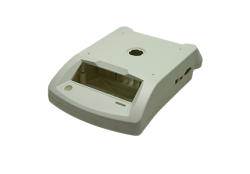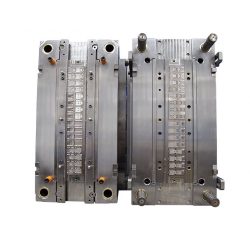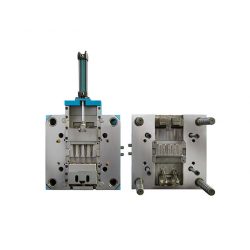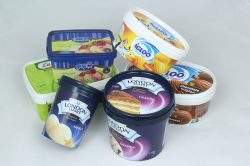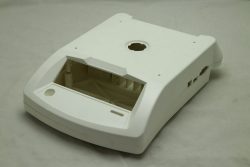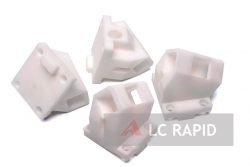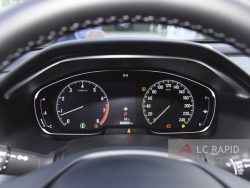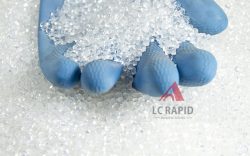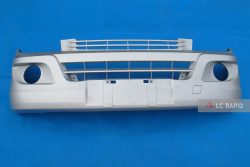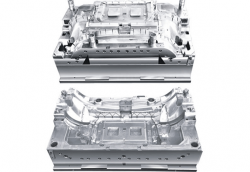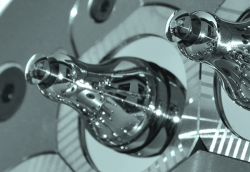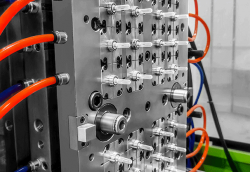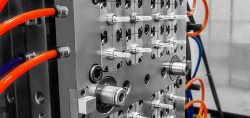Liquid Injection Molding
What is Liquid Injection Molding
Liquid metal can also be referred to as the metal of transformable state. Liquid metal injection molding is mainly used in the field of electronics parts.
Liquid metal is the characteristic of this technology. The part ability is easy to melting shaping, high hardness, corrosion resistance, high wear resistance and so on.
Liquid metal technology has a unique amorphous molecular structure, which is quite different from the crystalline structure of traditional metals. In addition to its low melting point (so it is called liquid metal), its biggest advantage lies in its shaping ability after melting. Because the physical characteristics of the solidification process are completely different from ordinary metal, its casting process is more similar to plastic rather than metal, and it can be more convenient to create products of various forms.
Advantages of Liquid Injection Molding
1. Compared with traditional molding, the curing time of liquid metal injection molding is shorter
2. LIM molding has high repeatability, high parts tolerance/accuracy, cost-effective production of high quality parts and seals.
3. Liquid injection molding machine has high transparency, color can be produced according to material flow direction
4. Closed liquid injection molding supports molding and over-molding of complex geometric shapes
Other Properties of Liquid Metals
In addition to the convenience of casting, liquid metal has other properties:
1. High yield strength
2. High hardness
3. Excellent strength to weight ratio
4. Elastic limit of superelevation
5. Corrosion resistance
6. High wear resistance
7. Unique acoustic characteristics
Liquid Injection Molding Process
1. Mixing
The liquid injection molding (LIM) process begins with a formulation of a two-part liquid mixture that is delivered in a fixed proportion from a material drum to a static mixer by a hydraulic or pneumatic metering pump system. A static mixer mixes the two components into a uniform suspension. This mixing process activates the compound platinum curing system.
2. Injecting
Liquid material for moulding flows from the static mixer to the injection device. The material is then injected into the mold cavity through a system of runner and gate, where it is kept at high pressure and temperature until the material solidifies.
3. Ejecting
After the composite is injected directly into the sealing mold and harden, and the parts to be finished are ejected from the liquid injection molding machine. To prevent machine hardware from being blocked by metal liquid, spring-needle nozzles can be used during the injection phase. Spring loading allows the injection pressure to be higher than the extruder barrel, thus keeping the passage clear.













